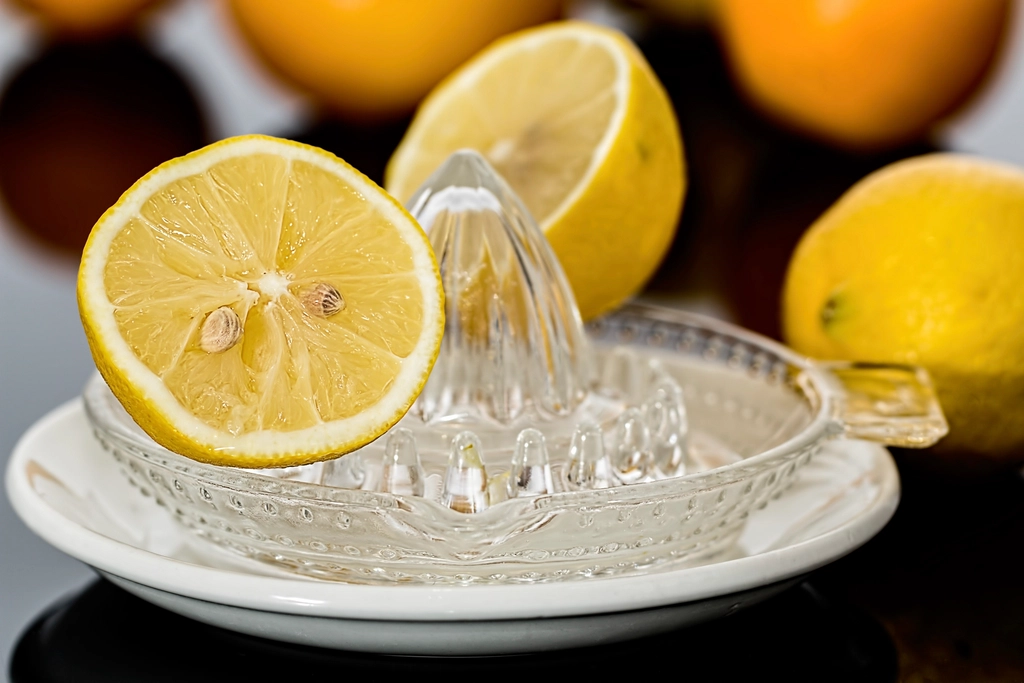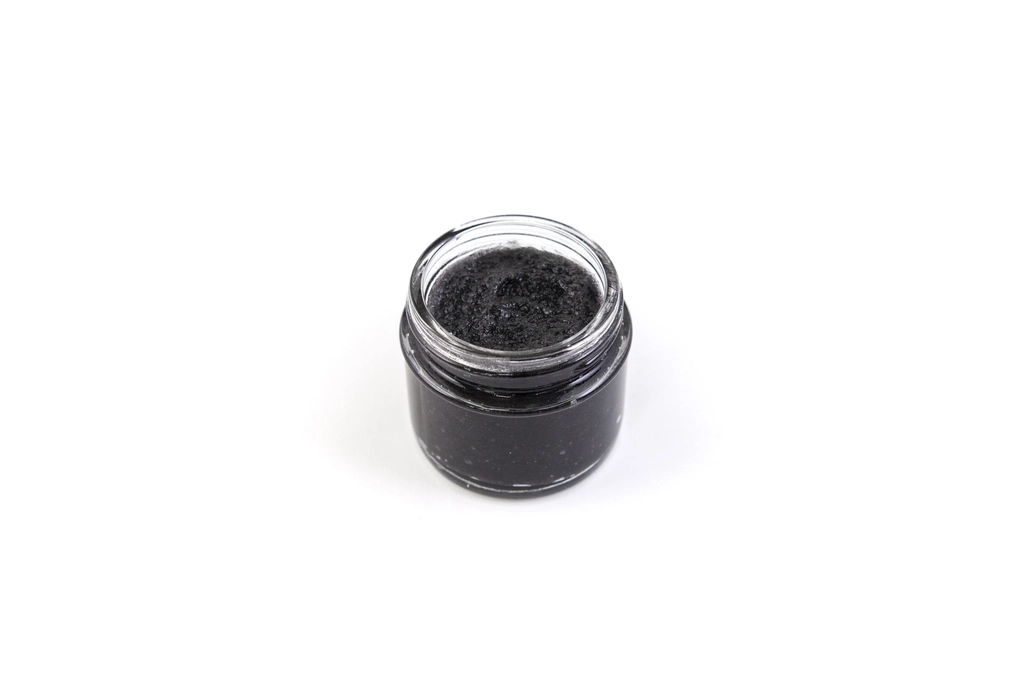Many people dream of a bright white smile and turn to home remedies for an easy fix. But while some methods are harmless or even beneficial, others can damage your teeth in the long run. Here’s what you need to know before trying DIY whitening solutions.
Coconut Oil: A Healthy Option, But Not for Whitening

Coconut oil is praised for its antibacterial and anti-inflammatory properties, which can improve gum health. However, it does not have any real whitening effect. At best, it removes some surface stains, making teeth look slightly brighter temporarily.
Baking Soda: Risky for Enamel

Baking soda is often recommended for natural teeth whitening, but its abrasive nature can wear down enamel over time. This makes teeth more sensitive and even more prone to staining in the long run.
Lemon Juice: Highly Acidic and Damaging

Lemon juice is another popular DIY whitening trick, but its high acidity erodes enamel, leading to long-term damage. This makes teeth weaker and more susceptible to discoloration.
Whitening Toothpastes: Short-Term Brightness, Long-Term Damage

Some whitening toothpastes contain harsh abrasives that scrub away stains, but they also thin the enamel. Over time, this can make teeth darker instead of whiter.
Activated Charcoal: More Harm Than Good

Activated charcoal has become a trendy whitening solution, but its coarse texture can scratch the enamel. This weakens the protective layer of your teeth, increasing sensitivity and the risk of cavities.
Hydrogen Peroxide: Only Safe in Controlled Amounts

Hydrogen peroxide is a common ingredient in professional whitening products, but using it undiluted at home can irritate gums and weaken enamel. Always follow professional guidance when using peroxide-based whiteners.
Strawberries and Other Fruits: A Hidden Danger

Some people rub strawberries or banana peels on their teeth, believing the natural acids will brighten their smile. In reality, these acids erode enamel, leading to more staining over time.
Oil Pulling: Good for Oral Health, Not for Whitening

Swishing oil in your mouth (oil pulling) may improve gum health and reduce bacteria, but it does not whiten teeth. Any short-term brightness comes from plaque removal, not actual bleaching.
Professional Home Whitening: Safe and Effective

Dentist-prescribed home whitening kits include custom trays and a controlled amount of whitening gel, ensuring gradual and safe brightening. This method is much more effective than DIY remedies.
In-Office Whitening: Fastest and Most Reliable

For immediate and long-lasting results, professional whitening treatments in a dental clinic are the safest choice. Dentists use medical-grade whitening agents under controlled conditions, ensuring effectiveness without enamel damage.
The bottom line

While some home remedies can be beneficial for oral health, most DIY whitening solutions are either ineffective or harmful. For the best and safest results, professional treatments are the way to go.
The article is based on information from Dr. Yasin Aktas, an expert in aesthetic dentistry, via www.draktas.de
